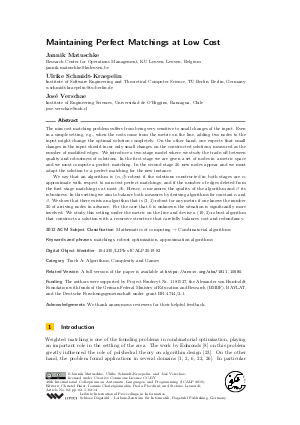LIPIcs.ICALP.2019.82.pdf
- Filesize: 492 kB
- 14 pages

 Creative Commons Attribution 3.0 Unported license
Creative Commons Attribution 3.0 Unported license


























Feedback for Dagstuhl Publishing